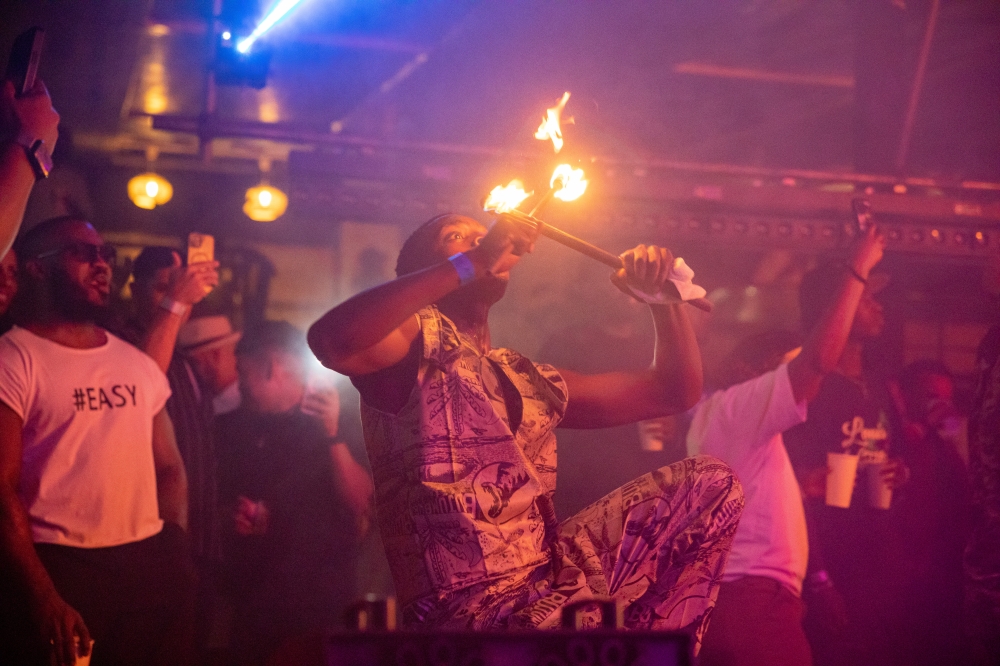The first quarter of the year is normally a busy season in the labour market. This is when most universities hold their graduation ceremonies, while a number of employers go to look for talent.


The first quarter of the year is normally a busy season in the labour market. This is when most universities hold their graduation ceremonies, while a number of employers go to look for talent. At PricewaterhouseCoopers (PwC), it is the season we start our annual graduate recruitment drive. This is a tough time in the life of a job-seeker, who not so far back had been accustomed to the luxury of a student’s hassle free life, but now has to grow. This is often after that graduation sumptuous dinner.It is always encouraging reading stories of how hard one worked to emerge top of their class, and different testimonies that we hear either at graduation parties or in our different places of worship. However, having these exceptional grades has brought a general misconception and a certain level of complacency, especially among recent graduates, who think that once you have better grades, your work is done. This also comes with the belief that your top grades will do the ‘talking’ during the interviews. Think again because such a mentality will only worsen your job-hunting woes. Though good grades are crucial, especially when one is applying for a job (and they will surely be shortlisted for the interview), it is how you prepare and present yourself during the interview that will determine whether you get the job or not. Having interviewed many graduates, the main denominator why applicants fill has been ill preparation. The biggest disservice one can do to themselves is not to prepare for the interview. Remember, this could be pivotal in determining your career path. It is disappointing to interview a candidate with excellent grades, who is either shabbily dressed or has unkempt hair and bad body odour. It is worse when they do not even have any clue about the nature of work the company they want to join does. Preparing for an interview is not just about making copies of one’s academic testimonials, printing out a coloured CV or wearing your Sunday-best. The best way to approach to an interview is using same tactic one would use when going on a first date. Before your date, you ideally must find out more about them either through friends or their social media account, be smart, smell good, be punctual and be up-to-date with current affairs so that you have a lot to talk about to break the ice. This will also boost your confidence levels and, with such an effort, you are bound to make a lasting impression. Therefore, it is important that as you prepare for that interview, you research about the company, get to know what it does and its history and managers or directors.Find out about the role you have applied for; what it entails, the job expectations and, if possible, ask a friend or relative who has been interviewed for a similar role before. Nothing impresses an interviewer more than a knowledgeable candidate. I once interviewed a person who thought that PricewaterhouseCoopers was a water company. This candidate had applied for a tax consultant’s job. I wondered what tax advice he would give clients with such ignorance. Unlike in the 90s, today there is a lot of information on the internet, which one can use as they prepare themselves.Smartness is another crucial aspect you cannot afford to ignore, for both genders, a nicely pressed business suit is always the safest option (and a tie for men). But this does not mean one should ignore the small things like hair, body odour or nails and breath. Lastly, keep time. It doesn’t hurt going half an hour early. Remember, you never get a second chance to make a first impression. The writer is a human capital executive at PricewaterhouseCoopers Rwanda Limited




